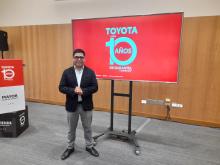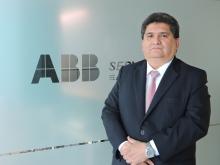Volatile, uncertain, complex and ambiguous. VUCA – for its acronym in English – describes the world today where we live, develop businesses and interact with clients. Although the term VUCA is of military origin, it is now used in the field of business strategy.
VUCA describes four challenges of our current world:
V: volatility; describes the unstable or unexpected; An example is price fluctuation after a mishap with a supplier.
U(I): uncertainty (“uncertainty” in English); describes uncertainty around a known cause; An example is competition and impending change in our industry.
C: complexity; describes “chaos”, “madness” when there are many variables and many interconnected parts; An example is a multi-Latin company that works in several countries with different currencies, laws, and markets.
A: ambiguity; describes the lack of information between connections and causes; An example is when a company launches a product in a new market.
In the VUCA world there are many paradoxes such as: “the company is a community” and, at the same time, “the company is a machine and you have to make it work.” We look for an optimal point between two opposing ideas: between size and agility or individual and organization for example. The American writer F Scott Fitzgerald said: "The mark of a first-rate intelligence is the ability to have two opposing ideas present in the mind at the same time and, despite this, not stop functioning."
In Latin America, we are very aware that we live in a VUCA world, however, what can we do to stand out in this world? How do we build companies that hit this sweet spot between competing ideas and conflicting priorities?
According to Charles-Edouard Bouée, author of the book Light Footprint Management, the solution is to build a versatile and “light footprint” organization.
The “light footprint” strategy is based on three areas: organization, innovation, and readiness. In summary, knowledge (big data, competitive information, etc.) must be managed with a flexible and agile organization. Bouée uses examples of US military operations and the new philosophy of entrepreneurship in China to show that you can build large but agile organizations, operating in the VUCA world but not victims of the VUCA world. Use some fascinating phrases like “the power of Gemba” (Gemba is a Japanese word that means the real place) to build value through operational and employee excellence (the power of Gemba).
The organization must be structured to foster unexpected connections (innovation) between ideas, people, and different functions, as well as being willing to change that these innovations require.
So, the word VUCA can be used as a synonym for a fast-paced, crazy world, full of distractions and challenges, but why stop there? By thoroughly knowing our clients, stakeholders, market, product, company and, at the same time, building organizations capable of quickly facing challenges, we can ensure that the VUCA world does not give us anxiety or laziness but rather presents us with ample opportunities to grow as individuals, companies and region.











